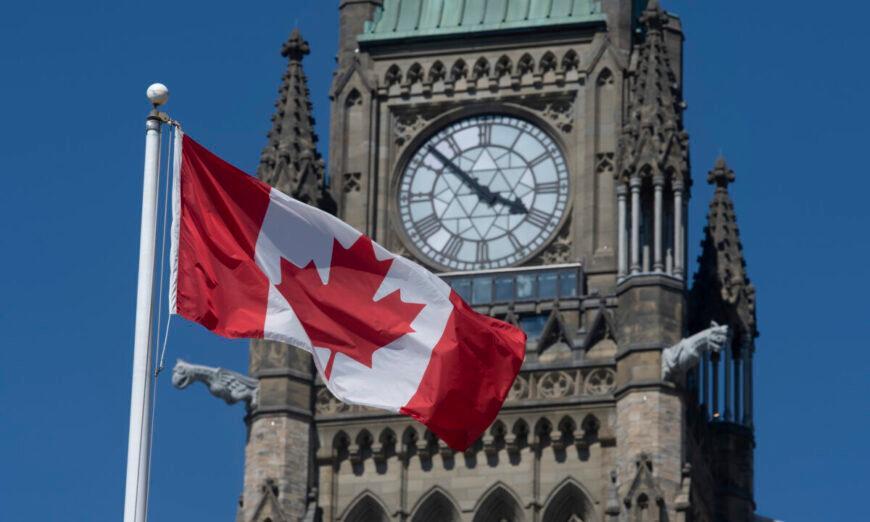As Canada’s economy cools and interest rates remain elevated, Ottawa’s finances are looking increasingly precarious.
The biggest downside risk to the economy and the federal fiscal position stems from the impact of high interest rates on households and the housing market, Parliamentary Budget Officer (PBO) Yves Giroux said in his economic and fiscal outlook published Oct. 13.
But a veteran economist and monetary policy expert says a risk that’s not being talked about enough is the federal government “not being able to get its fiscal house in order.”
“I think that’s a bigger downside risk than the housing market,” Steve Ambler, professor emeritus of economics at Université du Québec à Montréal, told The Epoch Times on Oct. 17.
In its 2023 budget released in March, Ottawa ramped up spending and went from projecting a small surplus to seeing red for the foreseeable future.
And the fiscal situation is getting worse. The PBO said that, compared to his March outlook, deficits are projected to be $4.0 billion higher on average over 2022–23 to 2027–28.
“This upward revision is due to new measures and the weaker economic outlook, along with higher interest rates impacting public debt charges,” according to the PBO’s outlook.
For the current fiscal year of 2023–24, the outlook projects the budget deficit to rise to $46.5 billion.
Even if Ottawa doesn’t enact new spending measures and existing ones run off as scheduled, the federal debt-to-GDP (gross domestic product) ratio—projected to be 37.8 percent in 2028–29—will remain above its pre-pandemic level of 31.2 percent in 2019–20, the PBO said.
“Further increases in the ratio of government spending to GDP can only harm growth at this point,” Mr. Ambler said.
Interest Rate Optimism
The PBO expects the Bank of Canada to start lowering interest rates in April 2024, after the economy stagnates over the second half of 2023. The stagnation the outlook describes is quarterly GDP growth averaging a mere 0.1 percent.
In the PBO’s base case projections, the BoC will lower its policy rate to 3.5 percent in 2024 and to 2.5 percent in 2025. This means that six rate cuts of 0.25 percentage points each are expected in 2024, given that the PBO doesn’t think the BoC will raise its overnight rate target higher than the current 5 percent.
“I think the 3.5 [percent] by the end of 2024 is optimistic,” Mr. Ambler said.
The PBO’s office justifies its base case for a series of interest rate cuts by projecting inflation to return to its 2 percent target by the end of 2024 due to the economy moving from a state of excess demand to excess supply accompanied by weaker commodity prices.
In July, the Bank of Canada said it didn’t expect the 2 percent target to be reached until mid-2025.
The BoC has been consistently pouring cold water on the possibility of rate cuts so as not to spur further economic activity, and Bank of Canada governor Tiff Macklem did not rule out further rate increases, as reported by the Financial Post on Oct. 13.
The Epoch Times asked the PBO’s office about a scenario where the BoC does not cut rates as much in order to get an idea of the impact on Ottawa’s books and the economy.
“A more precise estimate of the impact of higher-than-expected interest rates on economic growth and the budgetary deficit would require a single scenario model simulation, which we have not undertaken at this time,” Sylvain Fleury, the PBO’s CFO, told The Epoch Times in an Oct. 16 email.





